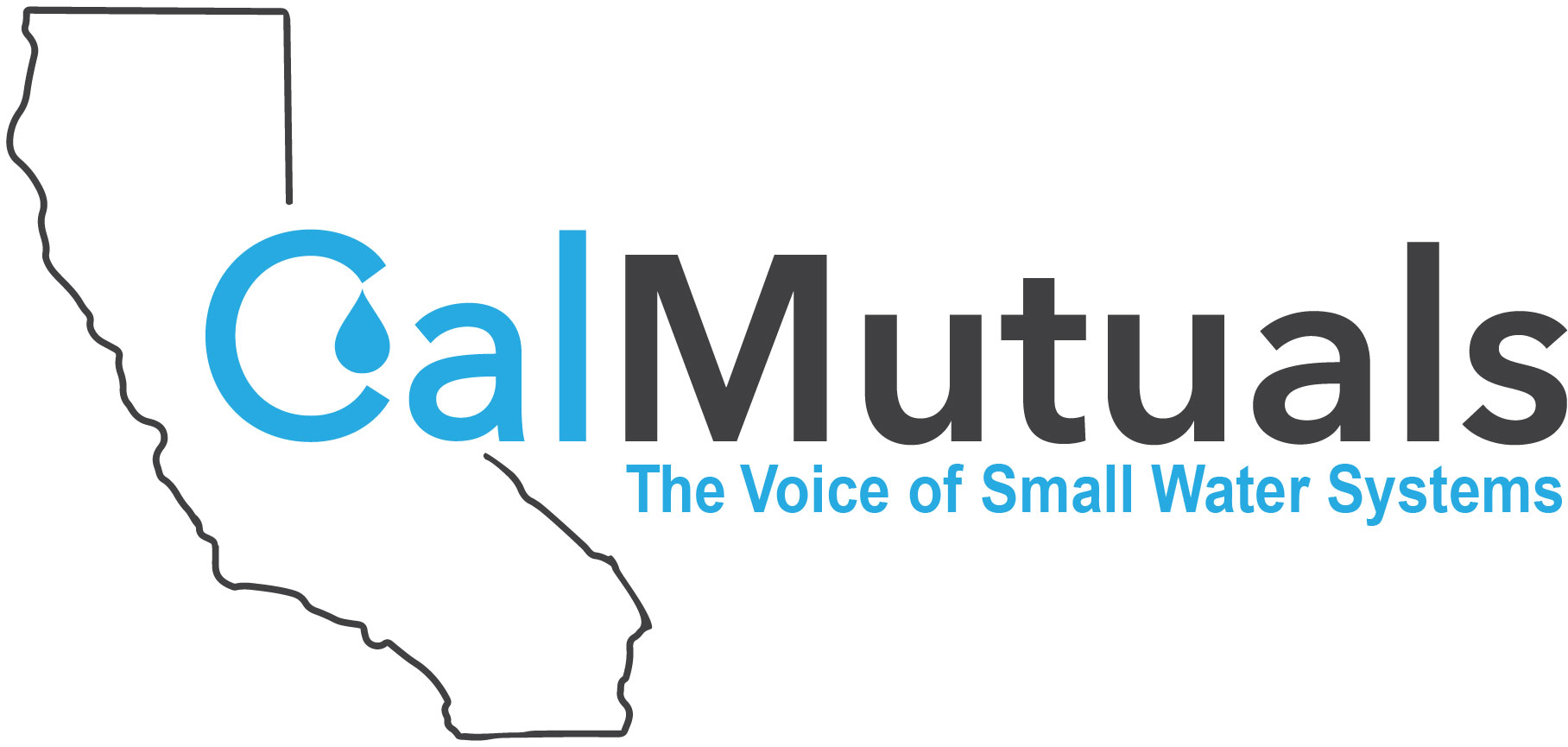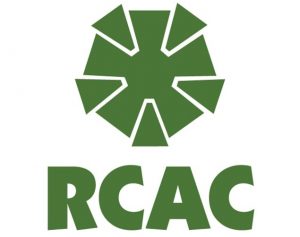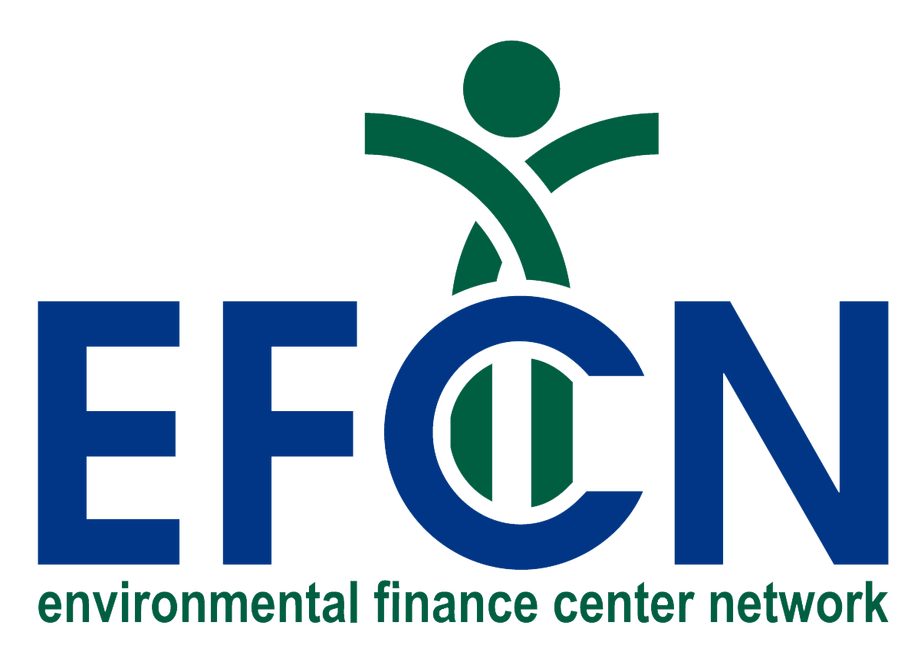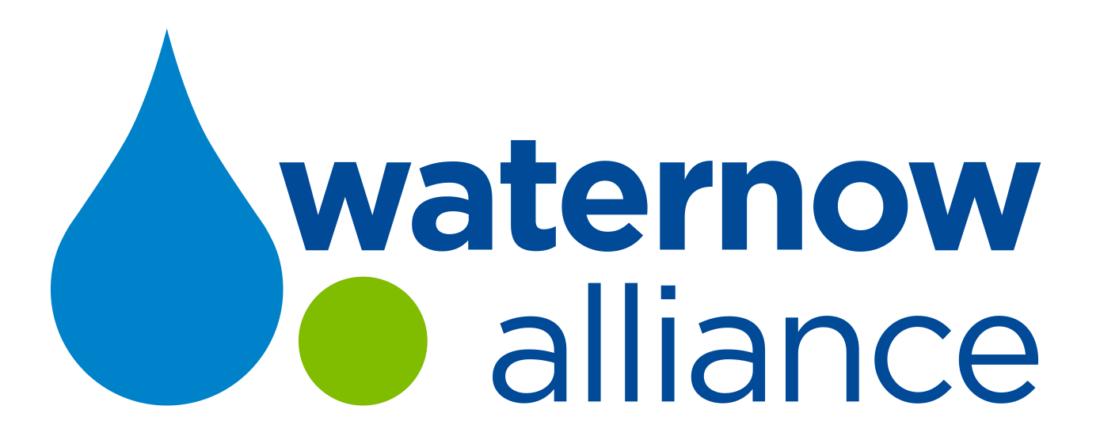RCAC: Water System Workforce Development
Webinar OnlyDescription: Think about the water system operators and board members you know, how close are they to retirement? Chances are many will be retiring in the next five to 10 years if not sooner. In rural places, younger operators may be difficult to retain. As their skills improve, the salary and benefits offered by larger systems may become increasingly attractive. Join us for a discussion about how to develop the workforce that keeps your system running sustainably. Participants will learn: · What legacy planning looks like · How to meet the needs of their system now AND for the future · If water operators are a dying breed · What other projects and programs doing to support the industry · What the future looks like for water operators Recommended audience: Managers, board members and operators interested in the future of water operator careers.



